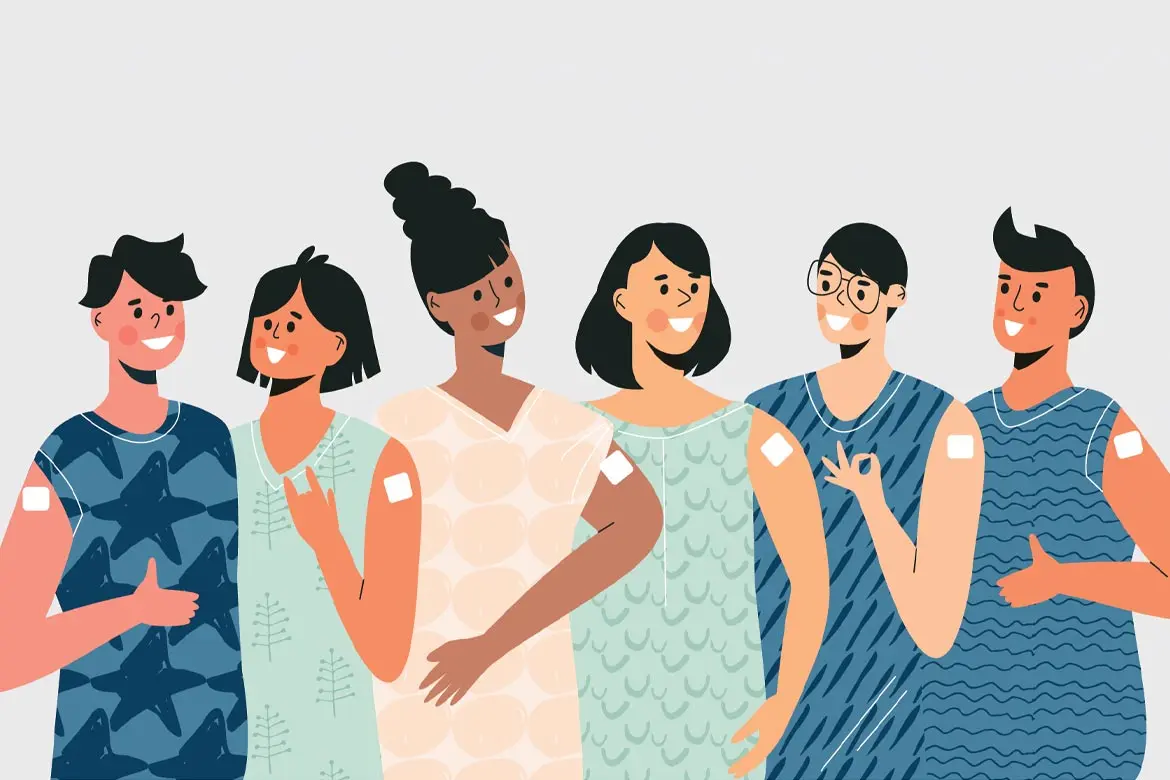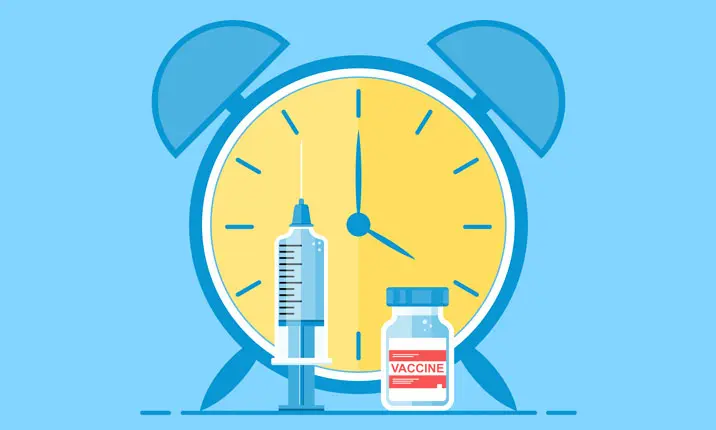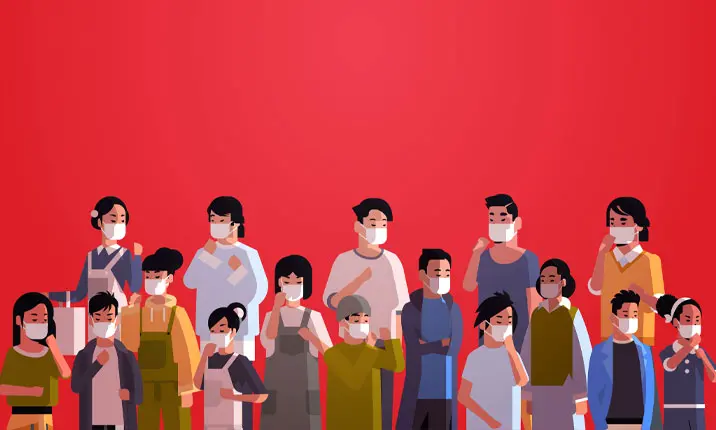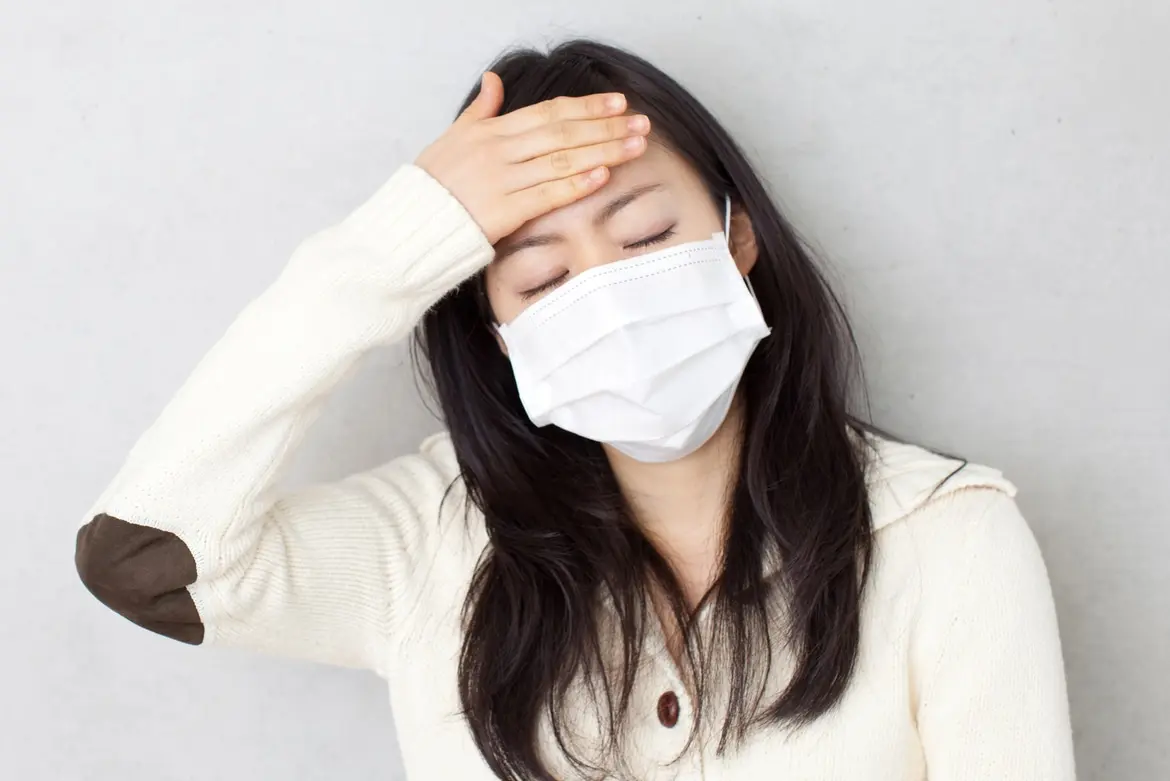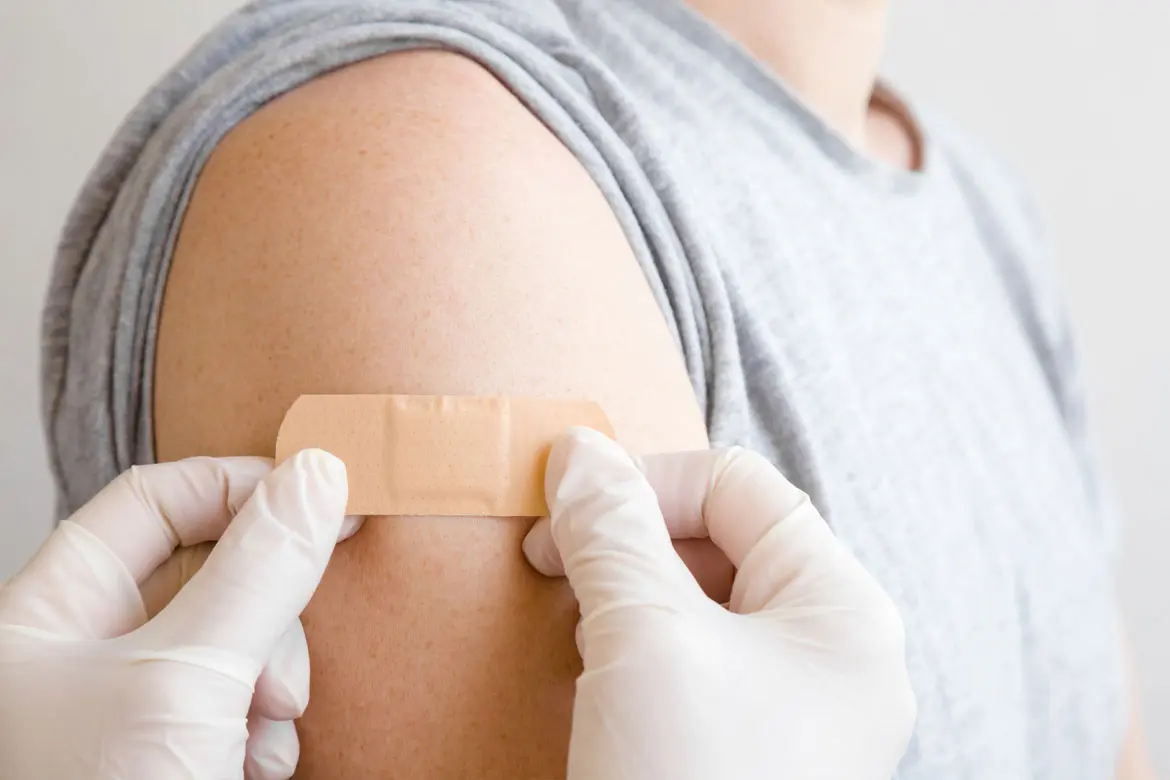The COVID-19 vaccines have been rolled out in batches, and many people are flocking to get themselves vaccinated. You may be wondering how well these vaccines work, or perhaps have some concerns about the safety and long-term effects of these vaccines. Here are some burning questions answered by our infectious diseases specialist, Dr Adrian Ong.
How do COVID-19 vaccines work?
A COVID-19 vaccine trains your immune system to fight against severe acute respiratory syndrome coronavirus 2 (SARS-CoV-2), the virus that causes COVID-19. The vaccine contains an inactivated form of the virus or a part of it. Most COVID-19 vaccines contain the 'spike' protein of coronavirus, which is an essential component of the virus required for infecting a person.
When vaccines are introduced inside the body, your immune system recognises these as foreign substances and triggers an immune response by producing immune cells and antibodies. Should you be exposed to the virus in future, your immune system will recognise the virus using the 'memory' it had produced and respond faster and more effectively.
Are COVID-19 vaccines effective?
Vaccines are effective in protecting you from severe disease and to a lesser extent, against infection. This is true even for the new COVID-19 Delta variant. It is possible for some vaccinated people to still catch the virus, but the illness will generally be milder and less dangerous in those fully vaccinated.
How many doses of COVID-19 vaccine do you need?
The number of doses you need depends on the type of vaccine you receive. In order to achieve the best protection, you should complete the full recommended schedule of the vaccine. While most COVID-19 vaccines require two doses, some may require only a single dose.
In vaccines that require the completion of two doses, the first dose primes the immune system to recognise the virus and stimulates the production of antibodies. The second dose, also known as the booster shot, ensures your immune system develops a memory to recognise and fight the virus in the event of future exposure.
Can vaccines from different companies be mixed?
If you take a vaccine that requires two doses, it is recommended to complete both doses using the same type. However, if you develop an adverse reaction to the first dose, an alternative vaccine type may be proposed for the second dose, to complete the vaccination schedule.
Several studies are currently being conducted to test vaccine switching. A study done in Spain found that it was safe to mix vaccines, and people who mixed the Oxford-AstraZeneca vaccine and the Pfizer-BioNTech vaccine reported a much stronger immune response than those who received two doses of the AstraZeneca vaccine alone. However, more studies need to be conducted and on wider scale for more conclusive results.
How long will it take to build immunity after getting the COVID-19 vaccine?
It usually takes around two weeks for the body to build immunity after getting the COVID-19 vaccine. The second dose or booster shot enhances the initial immune response and strengthens your body’s immunity.
How long should you wait between COVID-19 vaccine doses?
Due to the urgent need for a vaccine, initial clinical trials of candidates for the COVID-19 virus were conducted with a shorter duration between doses. Hence, the World Health Organisation (WHO) recommends an interval of 21 – 28 days between doses. This interval may be extended for up to 42 days, or even up to 12 weeks, depending on the vaccine.
A more recent British study – the Protective Immunity from T cells to Covid-19 in Health workers study (PITCH) – has found that having a longer interval between doses of Pfizer's COVID-19 vaccine may lead to more support of immune memory and antibody generation. Overall antibody levels were observed to be twice as high with the longer dosing interval as compared to the shorter dosing interval, albeit with the trade-off of being unable to sustain antibody levels for long after the first dose. The study therefore recommended an 8-week dosing interval, which was deemed as the ideal wait-time between doses to increase efficacy of the Pfizer vaccine against the COVID-19 Delta variant.
Following these findings, the UK has revised the interval between doses of the Pfizer vaccine to 12 weeks. However, Pfizer has warned that there is no evidence to support a move away from the recommended 21 days’ gap.
How long does immunity last after COVID-19 vaccines?
As the COVID-19 vaccines have only been rolled out recently, there is insufficient information on how long the immunity will last. Based on what we know so far, the immunity is expected to last at least 6 – 8 months, possibly longer. This topic is the subject of ongoing research.
Can vaccinated people spread COVID-19?
As we have yet to reach widespread vaccination rates, there is still insufficient information to verify if vaccinated people will not spread COVID-19. Hence, it is important to continue following safety measures such as safe distancing and mask wearing. Also, you should follow guidance from local authorities based on the region where you live, as precautions are recommended according to local vaccination and community infection rates.
What role does herd immunity play in COVID-19?
Herd immunity is a form of indirect protection that occurs when a large percentage of people become immune to a disease and make its wider spread unlikely. With herd immunity, the entire community can be protected, including people who lack immunity. Herd immunity can be achieved through vaccination or previous natural infections.
Herd immunity with COVID-19 may be difficult to achieve, as at least 90% of the population needs to be immune to the disease for this to work. Hopefully, we may achieve herd immunity in future as more people receive vaccines offering long-term immunity.
